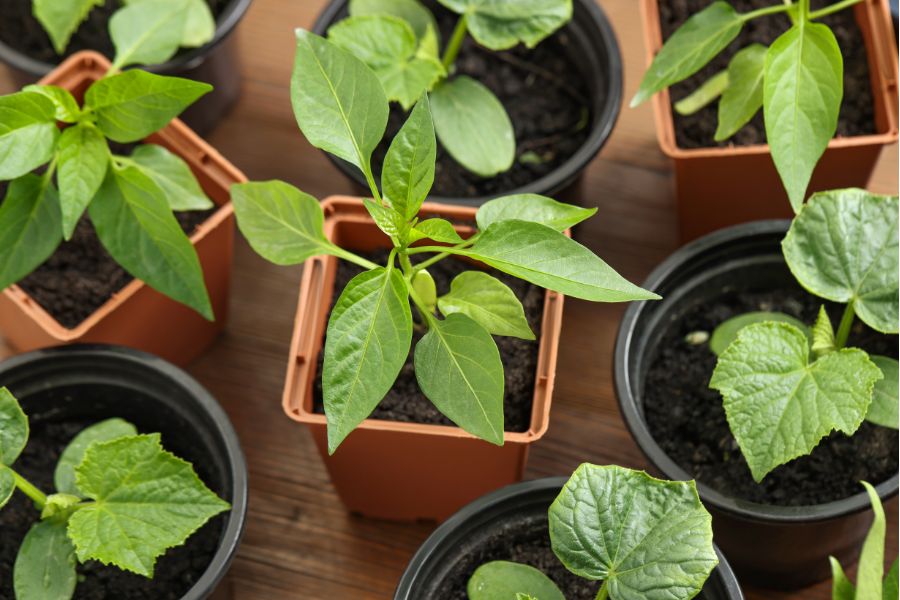For a garden bursting with vibrant life, healthy soil is the unseen hero. But nourishing your soil doesn’t have to involve harsh chemicals or unsustainable practices. By embracing natural methods, you can create a thriving ecosystem that benefits both your plants and the environment.
Composting: Nature’s Recycling Magic
Composting transforms kitchen scraps, yard waste, and other organic materials into nutrient-rich “black gold.” This decomposed matter improves soil structure, water retention, and aeration, while feeding essential microbes that combat diseases and promote plant growth. Start your own compost bin or utilize community composting programs to tap into this natural powerhouse.
Organic Amendments: A Feast for Your Soil
Beyond compost, numerous organic materials can enhance your soil. Consider these options:
- Manure – Aged manure (cow, chicken, rabbit) adds nutrients and improves structure. Ensure proper composting to avoid weed seeds and pathogens.
- Cover Crops – These fast-growing plants, sown between seasons, add organic matter, suppress weeds, and fix nitrogen in the soil.
- Green Manure – Similar to cover crops, but tilled into the soil while green, releasing nutrients directly.
- Coffee Grounds – Rich in nitrogen and potassium, coffee grounds improve drainage and attract beneficial worms.
- Eggshells – Crushed eggshells add calcium, essential for strong cell walls in plants.
Eco-Friendly Fertilizers
While commercially available organic fertilizers exist, you can often craft your own:
- Compost Tea – Steep compost in water to create a nutrient-rich liquid fertilizer.
- Fish Emulsion – Diluted fish emulsion provides nitrogen and phosphorus, but use sparingly due to its strong odor.
- Nettle Tea – Steeping stinging nettles creates a nutrient-rich fertilizer and natural pest deterrent.
Sustainable Gardening Practices
Organic soil enhancement extends beyond individual amendments:
- Rotate Crops: Planting different crops in the same location each year prevents nutrient depletion and disease buildup.
- Minimize Tilling: Excessive tilling disrupts soil structure and beneficial microbes. Use no-till or minimal-till methods whenever possible.
- Mulch: Organic mulch like leaves or wood chips suppresses weeds, retains moisture, and regulates soil temperature.
- Attract Pollinators: Planting flowering native plants encourages beneficial insects that improve pollination and pest control.
Long-Term Soil Health
By employing these natural methods, you’re not just nourishing your current garden; you’re building a healthy soil ecosystem for generations to come. Regularly testing your soil pH and nutrient levels helps tailor your approach and monitor progress. Remember, healthy soil is a living entity, teeming with beneficial organisms. Nurture it organically, and it will reward you with a vibrant, resilient garden that flourishes in harmony with nature.
Enhancing your garden soil naturally is a rewarding journey of discovery. Experiment, observe, and celebrate the positive changes you witness. By partnering with nature, you’ll cultivate not just beautiful plants, but a thriving ecosystem that benefits your garden and the wider environment.
Start today and witness the transformative power of natural soil enhancement in your own garden!


Recent Comments